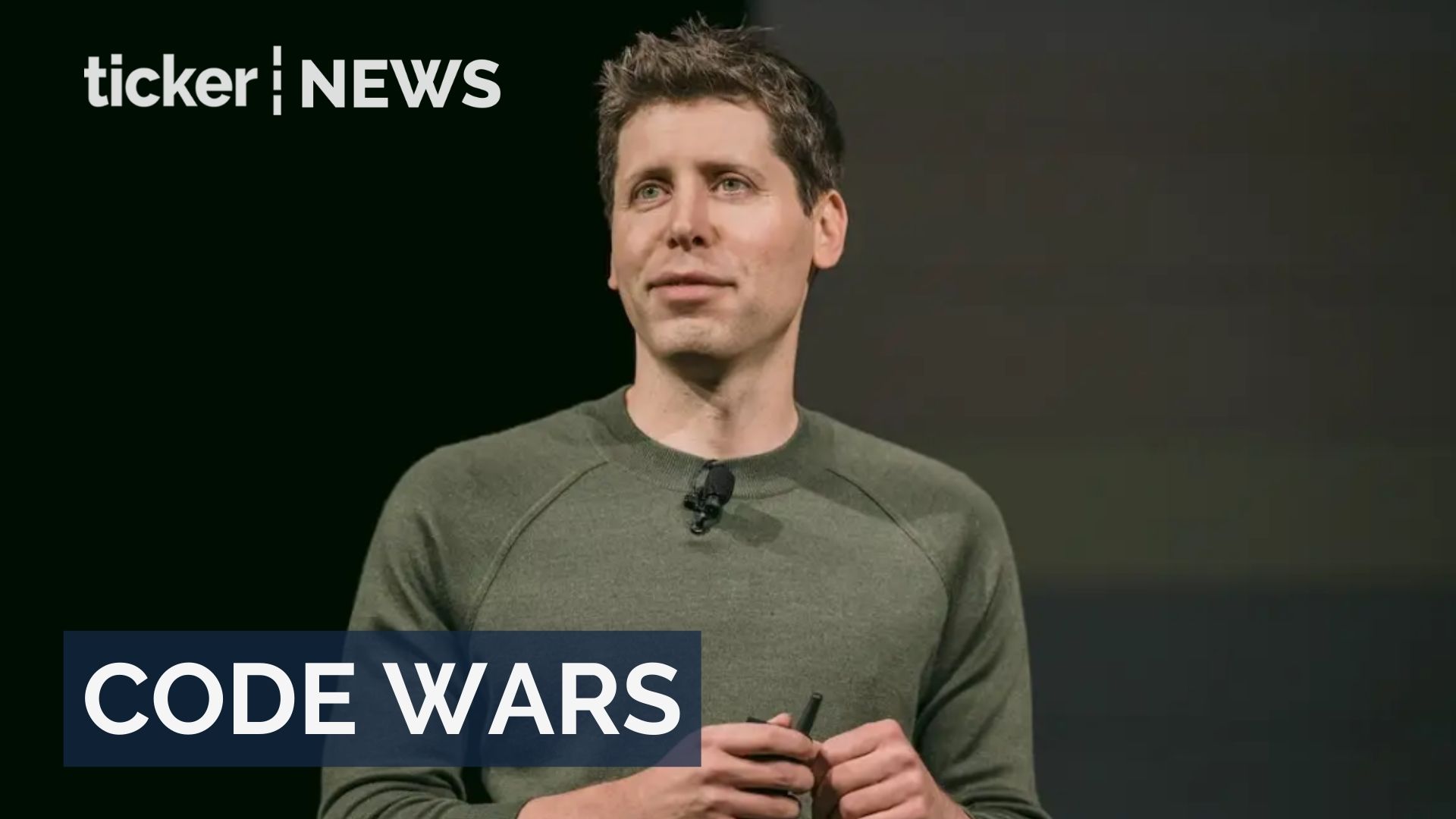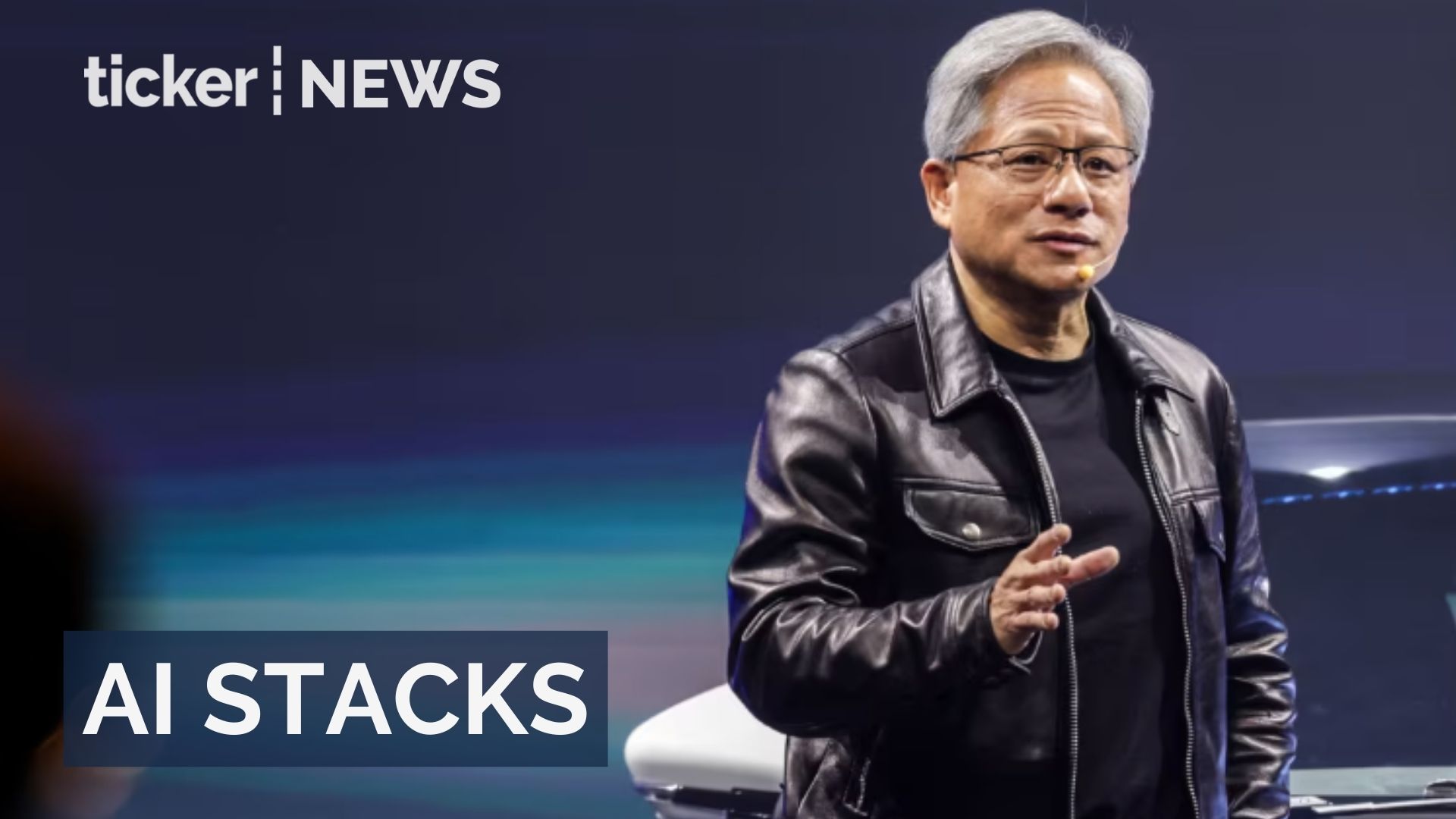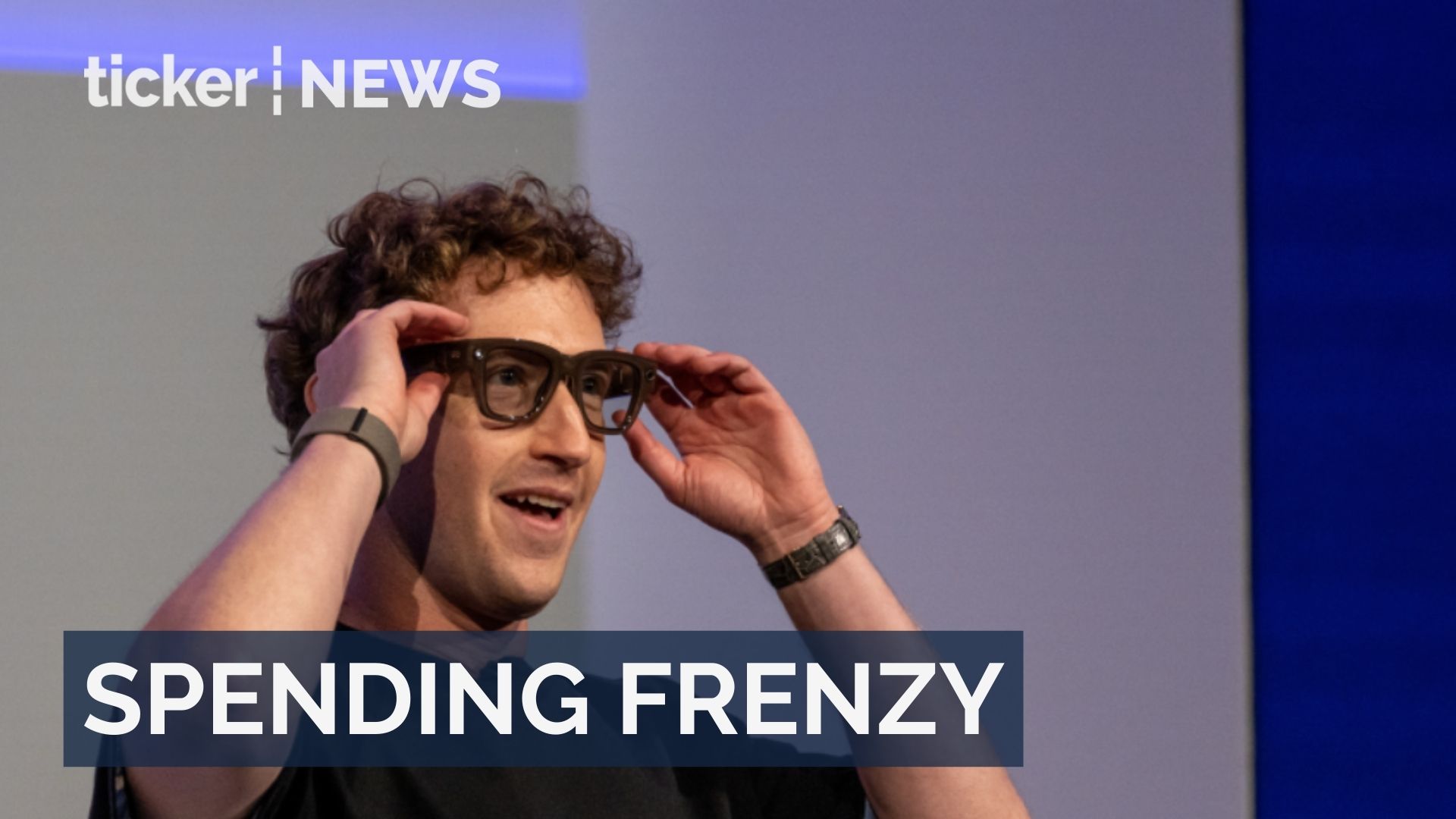Tech
COVID delays in China – so when will you get the new iPhone 14?
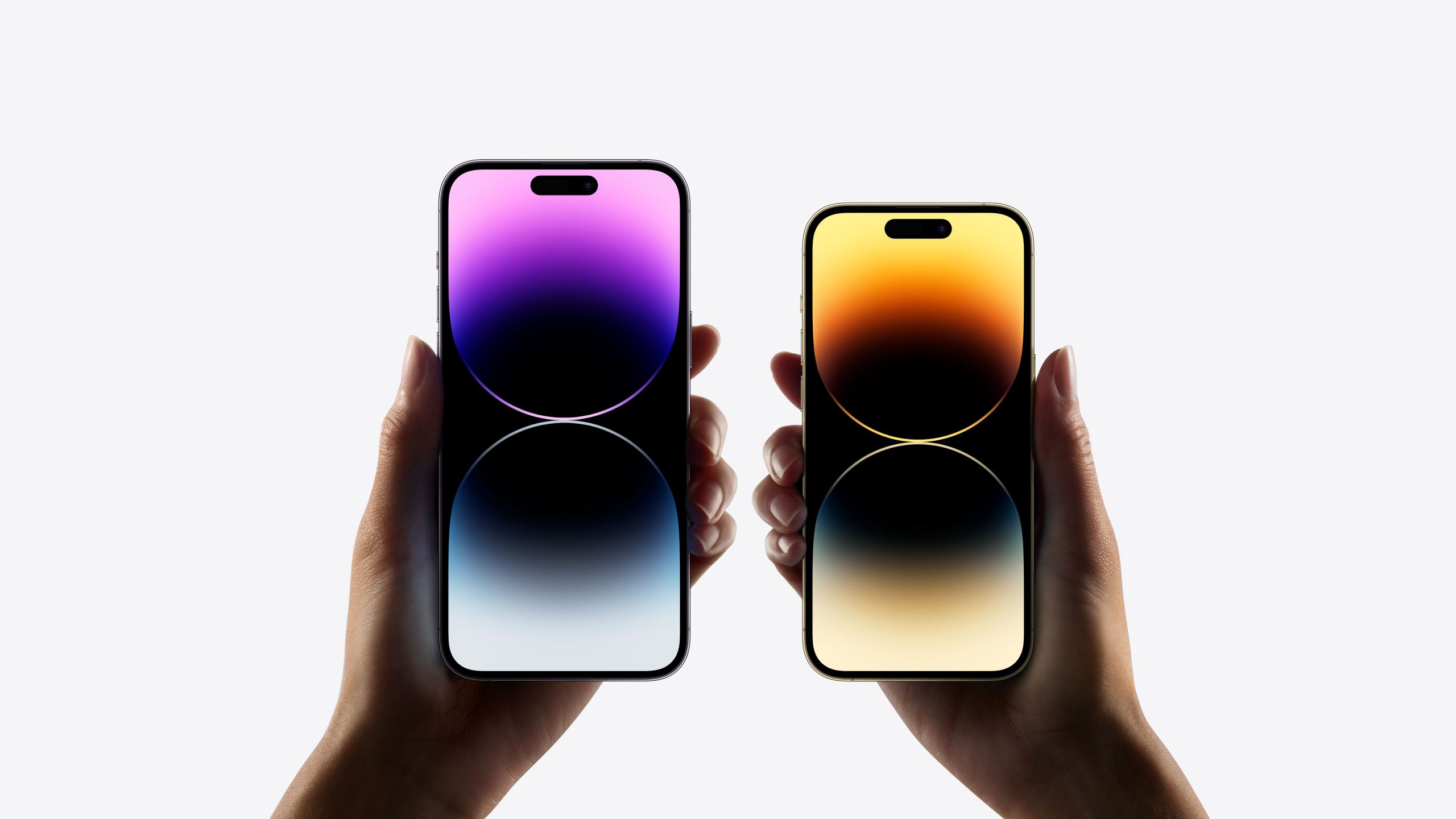
Tech
OpenAI and Anthropic launch faster, smarter AI tools for enterprise coding
OpenAI and Anthropic launch advanced coding models, revolutionizing enterprise software development and intensifying the AI tooling competition.
Tech
Nvidia and Amazon explore massive OpenAI funding round
Nvidia CEO downplays $100B OpenAI investment, as Amazon eyes $50B stake in AI startup
News
Big Tech earnings spark investor unease over AI spending
Investors monitor Big Tech’s AI investments, with Meta thriving while Microsoft and Tesla face uncertainty over growth and returns.
-



 Ticker Views3 days ago
Ticker Views3 days agoElon Musk merges SpaceX and xAI to create solar-powered AI data centres
-



 Money4 days ago
Money4 days agoAustralia’s inflation hits 3.8%: Budget decisions under pressure
-



 Money4 days ago
Money4 days agoWall Street gains momentum amid tech and earnings surge
-

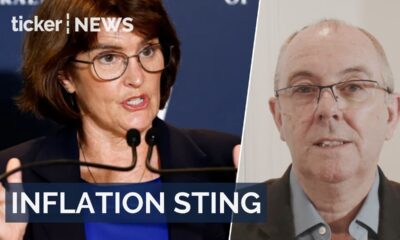

 Ticker Views3 days ago
Ticker Views3 days agoRBA interest rate increase explained – impact on Australians
-



 News19 hours ago
News19 hours agoU.S. ramps up Cuba aid as energy crisis deepens
-



 Ticker Views4 days ago
Ticker Views4 days agoUS-Russia nuclear arms control treaty comes to an end
-



 News3 days ago
News3 days agoGrok continues generating sexualised images despite new safeguards
-

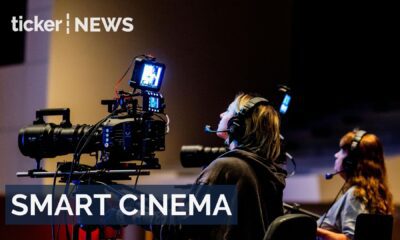

 News2 days ago
News2 days agoAmazon launches AI tools to change film and television production



